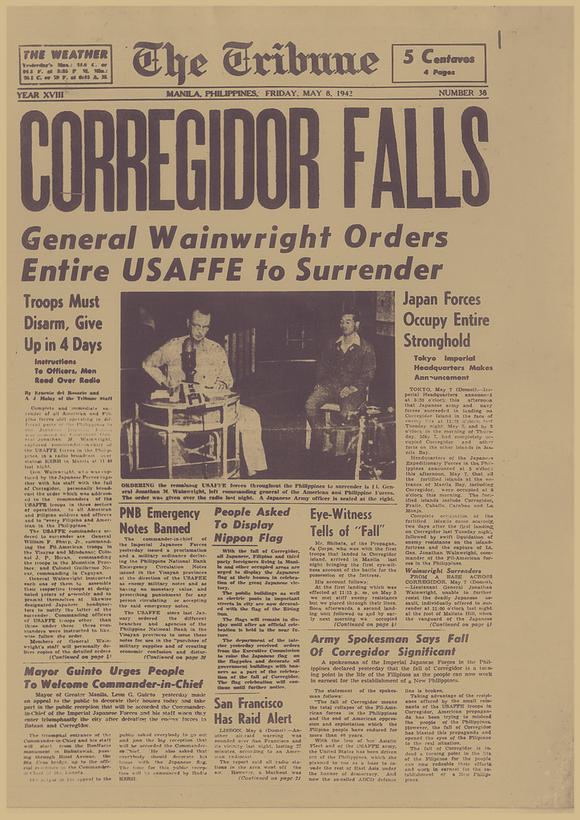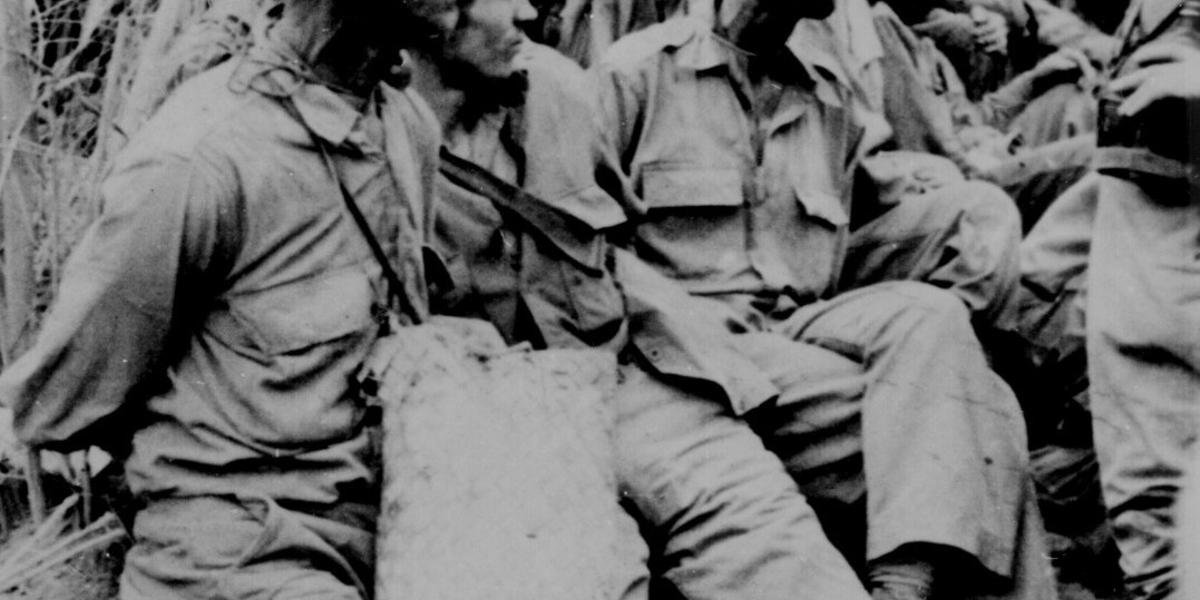
1 minute read
BattleofLeyteand LiberationofthePhilippines
from history magazine
The incumbent general, General MacArthur addressed the Filipinos and stated that “the entire Philippine Islands are now liberated and the Philippine campaigns can be regarded as virtually closed.” The announcement said on the date of July 5, 1945, provided a day and a moment of tranquility approaching when the battle in the Leyte region moved towards the end of the Second World War ending the conflict between the forces of Japan and the American Navy, and signaling the near beginning of the rehabilitation and reconquest of the Philippines as a state (GOVPH, 1945). The scene of the period of liberation would be imagined to depict military personnel traversing the streets along the destroyed infrastructure as the Philippines was rising above the challenges and battles as a unified unit faced. The liberation of the Philippines from Japanese occupation and the establishment of a new colonial relationship with American rule is an event that lives on in modern-day Philippines as the Philippines continues to witness the effects of world war II and the liberation from it In a political sense, the liberation affected the Philippines in a way that the Philippines is enabled to celebrate their sovereignty as a country Thus, empowering the state to be recognized as independent and to create independent decisions in terms of their economy, education, governance, and more
It is imperative that we keep in mind the victories, horrors, and errors that occurred during World War II as we evolve as a civilization The way we live, govern, and communicate now is a direct result of the many historical wars that have taken place in the Philippines and In order to empower ourselves and work for a more diplomatic society in terms of economics, government, and culture, we feel it is important for individuals to educate themselves about historical events and the effects that the past wars possess. Moreover, World War II taught the masses that it is significant to utilize democracy and lobby for resolutions that avoid war but rather promote peace and bipartisan solutions.
Advertisement




